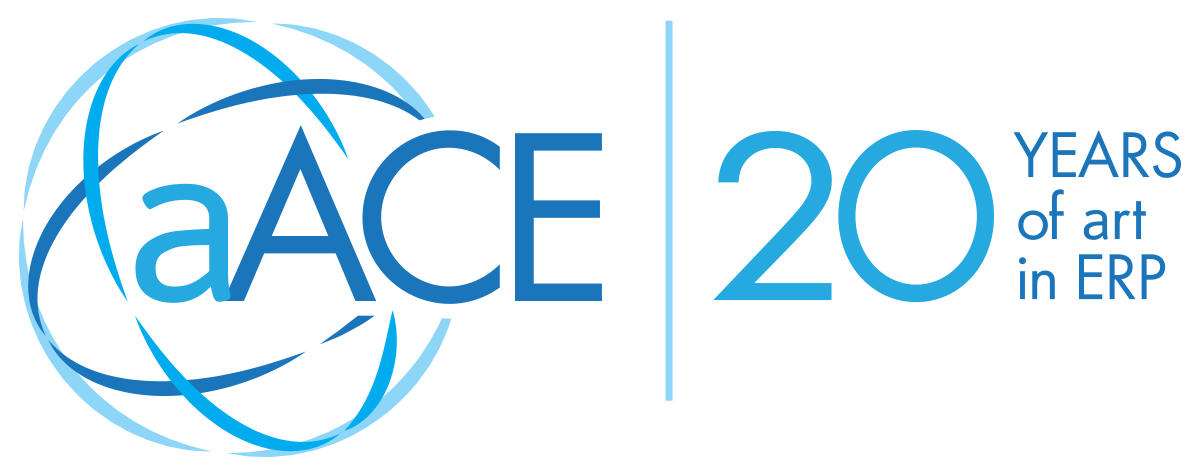There are a lot of important behind-the-scenes team members across companies of all sizes that quietly keep the company going. They’re critical to your success and bring special skills into your environments to ensure everything runs as smoothly as possible. Your accounting team, for example, helps ensure that you literally keep the lights on, employees get paid, invoices and bills go out, payments come in, and your books are balanced.
If you’re a small or mid-sized business (SMB), your accounting team could be as small as one or two people, who wear many hats to keep the money flowing. From budgeting and forecasting to tracking and completion, there are a lot of moving parts in ensuring your ledgers are always accurate and up-to-date.
Unfortunately, for many SMBs, these processes can be complicated, tedious, and often require manual inputs of data, or a lot of imports and exports of data, to move information from one system or database to another. When you have a small team where the responsibilities fall onto just one or a few people, it can be a headache when just one person gets sick, takes time off, or moves on from the company.
And while many executives see the benefits of using modern accounting software, few have the time or financial resources to make the switch and many fear downtime if they try to innovate. Accounting is often the place within a company where the “if it ain’t broke, don’t fix it,” mentality drives business.
But choosing and implementing a new accounting program doesn’t have to be so scary. With the right research and input, you can easily streamline your operations, improve efficiencies, remove duplicated manual tasks from multiple workflows, and even make your employees happier by reducing the stress and worry of human errors and never having enough time to focus on more pressing matters. Often, the reduction in staff time and decreased errors is enough in itself to offset the investment and shore up the ROI on a new accounting solution.
If you’re considering a change and are ready to look at new or upgraded accounting platform, here are 7 features to consider:
Budgeting and Forecasting
Have you ever had to create a departmental or bigger budget and struggled with importing numbers into a spreadsheet or on paper, looking across a growing list of fields and cells, trying to make sense of past performance and guesses about the future? Budgeting and forecasting doesn’t have to be that time-consuming or complicated. When considering a new accounting solution, look for one that also has budget and forecasting features. Having all your financial data in one place — across all your divisions — in one solution can help you do that easily. And, with access management and related controls, you can even share this data with other people, ensuring they can only access exactly what they need, so budgeting is simplified across your entire organization.
Recurring Transactions
All companies have routine and recurring transactions. If you have recurring transactions, stop doing them manually. Instead, look for accounting software that will automate these transactions, enabling you to configure your parameters and approval processes and then let the system handle it for you. Also, consider an accounting solution that will send you alerts or notifications if you encounter anything outside your pre-set baselines so you’re never caught by surprise.
Cloud, On-Prem, or Hybrid Options
An increasing number of businesses are moving solutions and data management to the cloud, especially in light of the coronavirus outbreak and the growing number of remote workforces around the globe. Each business has its own criteria about if it needs a cloud-hosted, on-premises, or hybrid solution, so it’s important to look for an accounting solution that doesn’t just meet those needs now, but is also set to scale and change with you in the future.
Multiple Entity Management
Budgets and ledgers are often complex. How you track your accounting needs is likely unique for your specific business. There are a range of factors, for example, across departments, across divisions, across locations, based on region, or even product or service-based. Whatever your company setup is, if you’re considering a new accounting solution, you’ll want to make sure it supports management of multiple entities and does so in a simplified, easy-to-understand way. Look for an accounting solution that enables you to have both a big picture understanding of your company as a whole, all the way down to a granular level, so you always have comprehensive insight into your company’s financial health.
It’s All About Integrations
Integrations are key for your accounting solution. Many companies won’t even consider a new tool because sometimes purchasing one means other operational systems, for example your invoicing platform, won’t work with it. That’s why it’s critical to look for an accounting system that integrates simply with your existing systems and applications – or replaces them entirely – so you can easily pull data from one area to another and not have to do manual imports, exports, or inputs.
You’ll want a solution that integrates across many parts of your business, for example from sales lead to products and inventory ordering and management, through point-of-sale, billing, accounts receivable, shipping, distribution, and more.
Security and Privacy
If you’re dealing with personally identifiable information (PII) or other sensitive data, it’s likely your company is subject to a range of compliance and regulatory standards. Your accounting software must meet those same standards, too. When choosing an accounting solution, take a deep dive into its security practices. Select a tool that you can be confident will meet all the requirements in your contract and service level agreement (SLA) and be sure to conduct regular audits to make sure security and privacy always stay front of mind.
Reports and Analytics
Earlier, we touched on the importance of selecting an accounting solution that helps you manage multiple entities from a broad scope all the way down to a granular level. Similarly, you’ll want to look for an accounting solution that will also enable you to create customizable reports based on this and other criteria. Each accounting team needs to produce various report types, some for internal audits, some for external audits, some for compliance, and others just for insight. Be sure the accounting solution you’re considering will let you build the reports you need — quickly and easily — so you can communicate important information to all of your stakeholders.
These are some of the many features you should consider when selecting a new accounting solution, but you may have other requirements that are unique to your organization. Need help? Contact us today to be connected with an aACE partner to help answer your questions and get you headed in the right direction.




